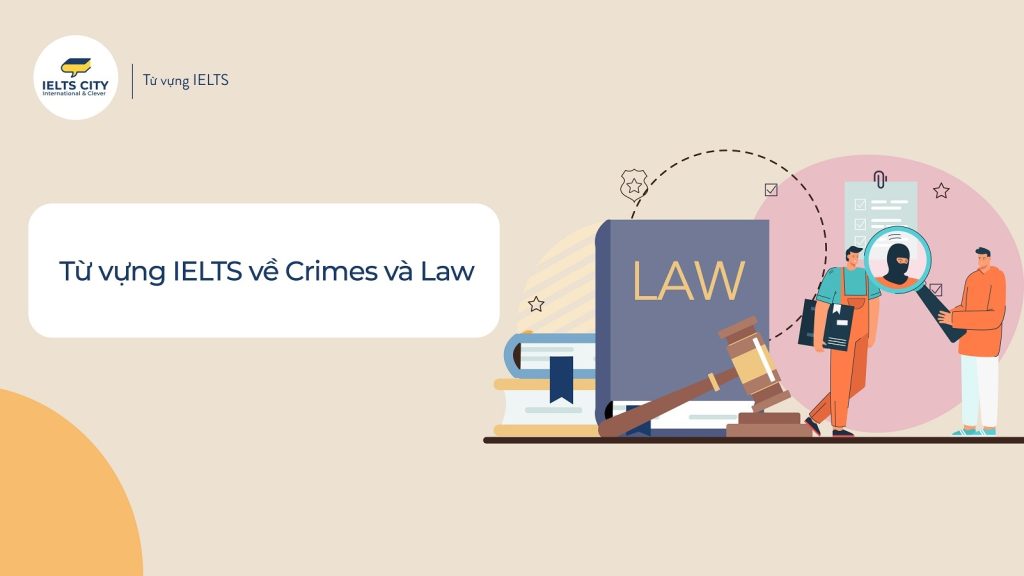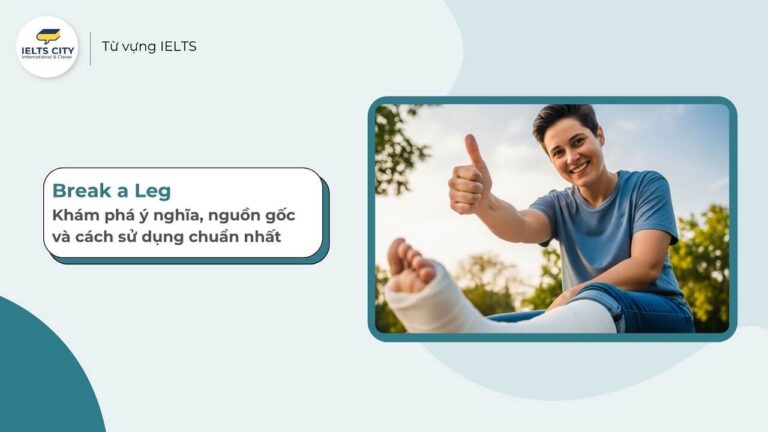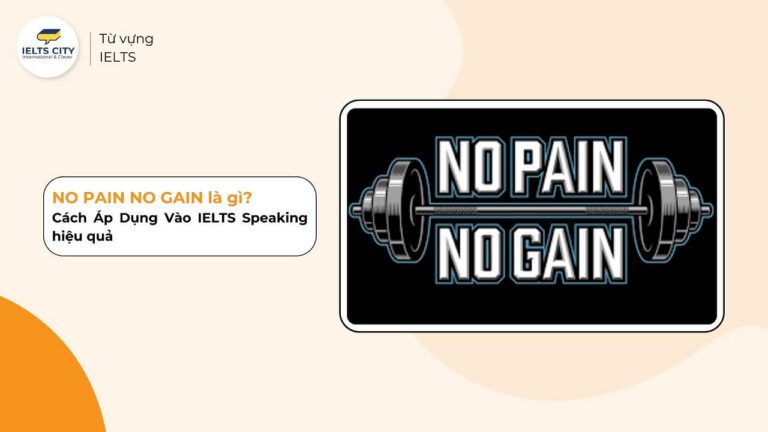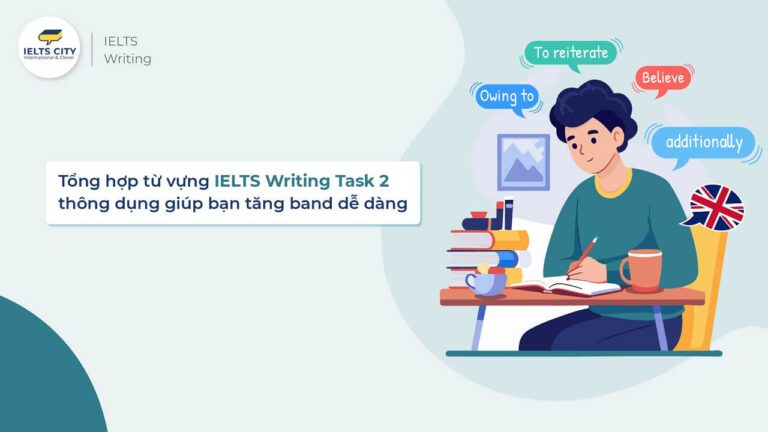Crimes and Laws (tội phạm và pháp luật) là một trong những topic khá khó để triển khai trong bài thi IELTS Speaking và Writing. Vì vậy trong bài viết này, IELTS CITY sẽ tổng hợp đầy đủ từ vựng IELTS về chủ đề Crimes and Laws để giúp các bạn dễ dàng xử lý chủ đề này với vốn từ vựng phong phú trong kỳ thi IELTS sắp tới nhé.

Nội dung chính
Toggle1. Từ vựng IELTS về chủ đề Crimes and Laws
1.1. Từ vựng về các loại tội phạm
- A wanted fugitive: Tên tội phạm bị truy nã
- Abduction: Tội bắt cóc
- Accomplice: Kẻ đồng lõa, tòng phạm
- Adultery: Tội ngoại tình
- Animal cruelty: Ngược đãi động vật
- Arson: Tội phóng hỏa
- Arsonist: Tội phạm phóng hỏa
- Assault: Tội hành hung
- Attempted murder: Tội danh mưu sát
- Bag-snatching: Tội giật túi xách
- Blackmail: Tống tiền
- Breaking and entering: Tội đột nhập trái phép
- Bribery: Đưa hối lộ
- Brokering prostitution: Môi giới mại dâm
- Burglar: Trộm đồ trong nhà người khác
- Child abuse: Ngược đãi trẻ em
- Child molestation: Tội dâm ô với trẻ em
- Con artist: Kẻ lừa đảo chuyên nghiệp
- Corruption: Tội tham nhũng
- Crime: Tội ác
- Criminal: Tội phạm
- Cybercrime: Tội phạm không gian mạng
- Defamation: Tội phỉ báng
- Drug trafficking: Mua bán vận chuyển ma túy
- Driving under the influence (DUI): Tội điều khiển phương tiện giao thông khi say x
- Embezzlement: Tội tham ô, tham nhũng
- Entrapment: Hành vi lừa đảo người khác phạm tội
- Forgery: Tội làm giả giấy tờ, làm giả tiền bạc
- Fraud: Tội lừa đảo
- Grand larceny: Trộm cắp tài sản lớn, giá trị cao
- Hijacking: Cướp quyền kiểm soát phương tiện giao thông
- Homicide: Vụ án giết người
- Premeditated murder: Tội giết người có chủ đích
- Plagiarism: đạo văn, vi phạm bản quyền
- Shoplifting: Trộm cắp trong cửa hàng, siêu thị
- Smuggling: Buôn lậu
- Swindler: Tên lừa đảo
- Terrorism: Tội khủng bố
- Tax evasion: Trốn thuế
- Vandalism: Tội phá hoại tài sản công cộng
- White collar crime: Tội phạm kinh tế
- Trespassing: Xâm phạm cư gia
Đăng ký nhận tư vấn miễn phí
Ưu đãi học phí lên đến 50%
& Cơ hội nhận học bổng trị giá 4.000.000 VNĐ
Đăng ký nhận tư vấn miễn phí
Ưu đãi học phí lên đến 50%
________
1.2. Từ vựng về các loại hình phạt
- Ban from: Bị cấm khỏi
- Revoke a license: Tước bằng lái
- Isolation: Biệt giam
- Fine: phạt tiền
- Death Penalty/ Punishment of death: Xử tử
- Suspended sentence: án treo
- Community service: phạt lao động công ích
- Scolding: Quát mắng
- Suspend a license: tịch thu bằng lái
1.3. Từ vựng về xét xử
- Innocent: vô tội
- Justice: phán quyết công lý
- Judge: Thẩm phán
- Witness: chứng kiến
- Evidence: bằng chứng
- Court: Phiên tòa xét xử
- Maximum/minimum sentence: bản án tối đa/ tối thiểu
- Defense: luật sư bào chữa
- Conviction/verdict: buộc tội
- Reoffend: tái phạm
- Law abiding: tuân thủ pháp luật
- Lawyer: luật sư
- Juvenile: phạm tội tuổi vị thành niên
- Trial: Phiên xét xử
- Defendant: Bị cáo
- Jury: bồi thẩm đoàn
- Motive for crime: động cơ gây án
- Rehabilitation: Trại cải tạo
- to be found Guilty: tuyên bố có tội
- Prejudice: thành kiến
2. Idioms về Crimes and Laws
- to cover your tracks = to hide or destroy the things that show where you have been or what you have been doing: che giấu những vết tích hay những việc mình đã làm
- to be behind bars = to be in prison: ngồi tù
- to catch somebody red-handed = to discover someone while they are doing something bad or illegal: bắt quả tang
- to keep your nose clean = to avoid getting into trouble: giữ cho mình tránh khỏi gặp rắc rối
- to do something by the book = to do something exactly as the rules tell you: làm theo sách vở, đúng quy tắc, luật lệ
- to come clean = to tell the truth about something that you have been keeping secret: thú thật điều gì mà trước đây mình muốn giấu kín
- to turn somebody in = to take a criminal to the police, or to go to them yourself to admit a crime: giao nộp ai đó cho cảnh sát
- to get away with murder = to be allowed to do things that other people would be punished or criticized for: làm điều sai trái mà không bị trừng phạt
- to turn a blind eye = to ignore something that you know is wrong: nhắm mắt làm ngơ, nhắm mắt cho qua
- to bail someone out = to help a person or organization that is in difficulty, usually by giving or lending them money: bảo lãnh
3. Những câu hỏi thường gặp trong chủ đề Crime and Law
IELTS City gửi tới bạn đọc một số câu hỏi về Education thường gặp trong IELTS Speaking và IELTS Writing
IELTS SPEAKING
Part 1
- Are some parts of this city considered more dangerous than others?
- Are there any places you are afraid to visit because of the high crime rate?
- Is the place where you are living a safe place?
- Have you ever witnessed a crime?
- Are there problems with drugs where you live?
Part 2
Đề 1: Describe a crime you were involved in.
You should say:
- When it was?
- What crime it was?
- Why you got involved?
And you should explain how did you feel.
Đề 2: Describe a good law in your country
You should say:
- What is the law
- How you came to know about this law
- Whom does it affect
And you should explain why is it good
Part 3
- What sorts of crimes are common where you live?
- What do you think makes people commit serious crimes?
- Do you think that some form of entertainment, such as video games, promotes violence?
- Do people who break the law in your country receive the correct punishment?
- Do you think criminals can change?
- What is the best way for police to keep neighborhoods safe?
IELTS WRITING
Đề 1: The government should control the amount of violence in films and television in order to decrease violent crimes in society. To what extent do you agree or disagree?
Đề 2: Some people think that the media should not report the details of crimes to the public. To what extent do you agree or disagree?
Đề 3: Some people who have been in prison become good citizens later, and it is often argued that these are the best people to talk to teenagers about the dangers of committing a crime. To what extent do you agree or disagree?
Đề 4: Some countries are struggling with increases in crime rates. Some believe that having more police on the streets is the best way to reduce and combat crime. To what extent do you agree or disagree?
Đề 5: In many countries, the level of crime is increasing and crimes are becoming more violent. Why do you think this is and what can be done about it?
Đề 6: The only way to improve safety on our roads is to give much stricter punishments for driving offences. To what extent do you agree or disagree?
Đề 7: Crimes committed by young people are increasing in major cities throughout the world. Discuss the causes and how to solve this problem
Hy vọng với bảng tổng hợp từ vựng IELTS về Crimes and Laws phía trên của IELTS CITY có thể giúp bạn cải thiện được vốn từ vựng về chủ đề tội phạm – pháp luật và ghi điểm thật tốt trong IELTS Speaking và Writing. Chúc các bạn chinh phục IELTS thành công!





















